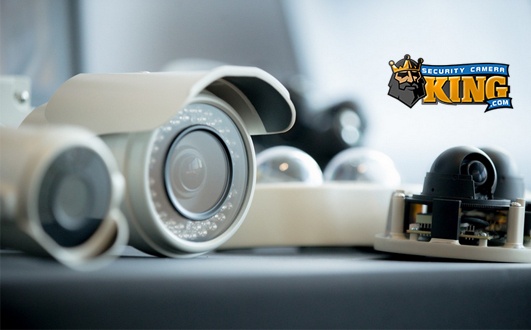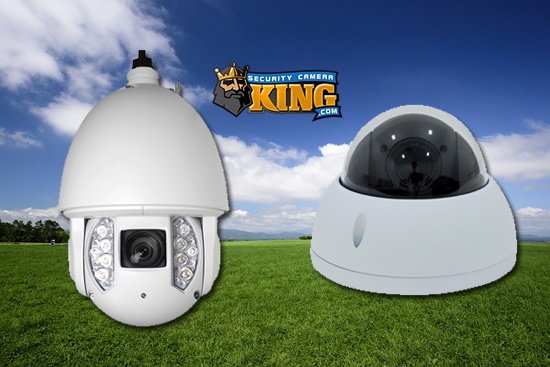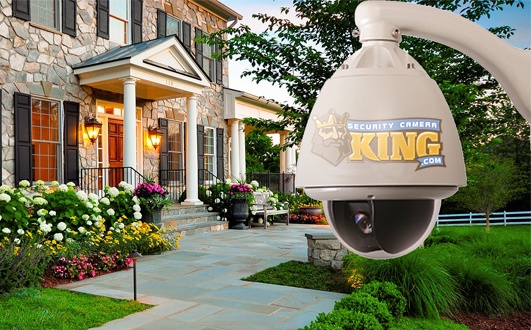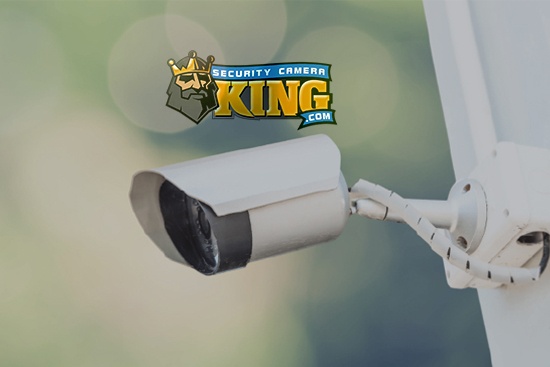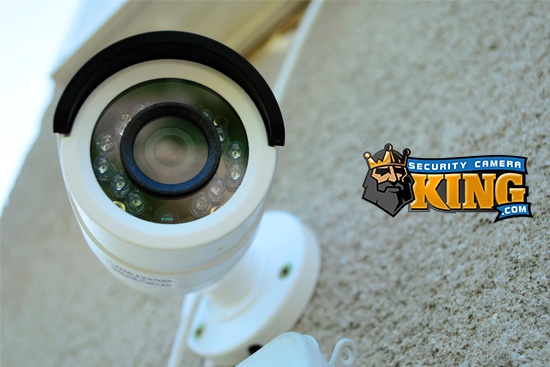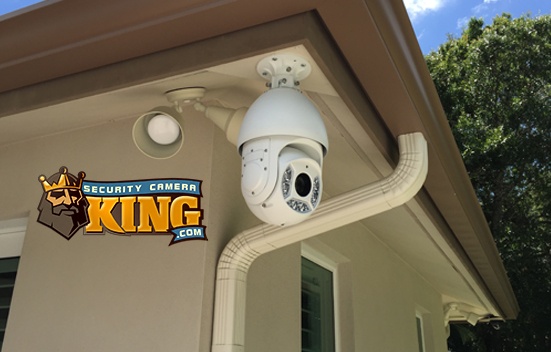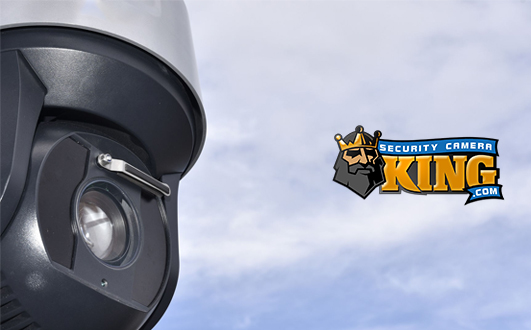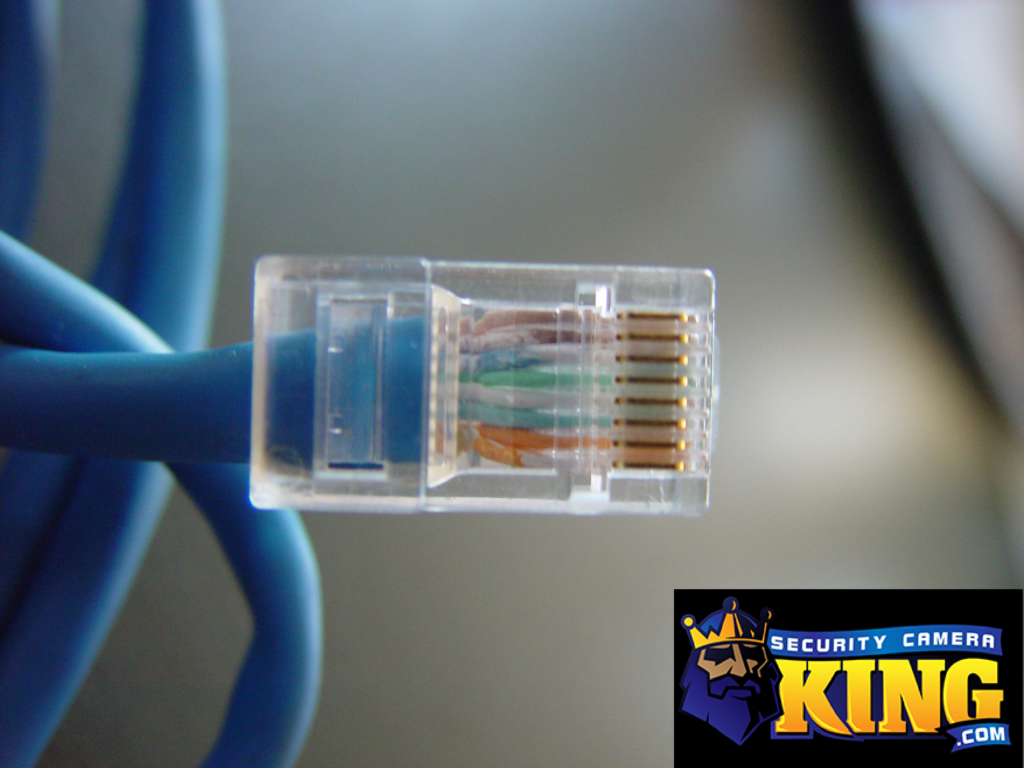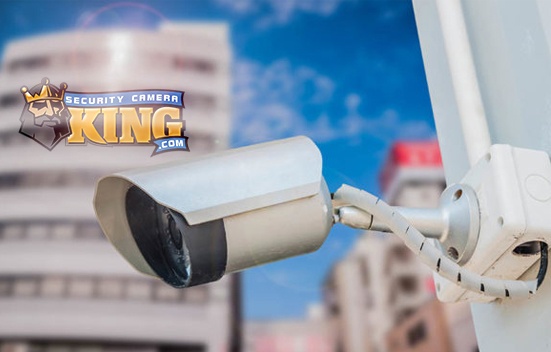What is the Best CCTV Recorder?
Hey everyone, Joe here, and today we have an article covering the question “What is the best CCTV Recorder?” Though simple and to the point, this is in fact a really great question and one we get asked more often than you think. The reason we wanted to take the time to make a video on “What is the Best CCTV Recorder?” is because this question actually has many possible answers depending on your circumstances. The best way then, to answer this question is to cover what kind of recorders there are that we carry, and what circumstances each recorder might be best for. Let’s take a look!
When trying to decide “What is the Best CCTV Recorder?” You should have in mind that there are 2 major kinds of recorders- DVRs, and NVRs. First, let’s talk about DVRs. DVRs have been around a lot longer, and many currently existing CCTV installations use DVRs and still do to this day. DVRs are a rather straightforward setup that doesn’t usually present too many compatibility issues so long as you pay attention to the signal types your DVR uses to pair cameras. All of our DVRs today are capable of taking the four most common signal types- CVI, TVI, AHD, and CVBS, as well as reaching resolutions ranging from 5 Megapixels all the way up to 4k.
Additionally, there are many newer features that were not possible previously now present in our top-end DVRs/ This includes AI-enhanced SMD- or smart Motion Detection, as well as IVS. Like all of our systems, our DVRs are fully capable of being remotely accessed for viewing, playback, and download on both PC and smartphone. DVRs and COAX cameras that go with them are generally a bit less costly than their IP camera and NVR counterparts. What this boils down to is if you possess an existing coax camera and DVR installation, with existing cabling already ran and channeled- the least expensive way to upgrade to the newest and highest quality image tech is using a new DVR setup. Even if you find an IP camera down the line with a set of features you really want, worry not, as all of our DVRs possess some IP camera capability and will work with many of the features present in our best IP cameras.
What about if you do not possess an existing COAX CCTV installation, or do not have already-ran cable for COAX cameras? What is the Best CCTV Recorder if you’re doing a totally new installation? In our opinion, if you are going forward with a fully new install, with 100% or almost all new equipment, it’s best to look to the future with an NVR. An NVR is a Network Video Recorder. NVRs cannot use COAX cameras at all and instead use IP Cameras, aka network cameras. IP cameras and NVrs rely on computer networks to communicate with each other. Most IP cameras are POE- or power over ethernet- capable. This means that over a single Cat5e or cat6 ethernet cable, the camera will send and receive data and power together. This is provided to the camera using a device called a POE switch, or as you’ll read about below- a POE NVR.
One of the major benefits of working with IP cameras is that NVRs don’t actually do any of the video encoding or compression, which is a lot of processing work! Instead, each camera in the system does its own Video processing and simply sends that pre-encoded data to the NVR for writing to the disk. This means the NVR itself is free of this processing burden and can use its available CPU power for more advanced features such as AI facial database comparisons, as well as better quality local playback.
Now, all of our NVRs are compatible with any of our IP cameras- however, there are 2 kinds of categories of NVR that may be of benefit depending on your needs. For newer users, and smaller possibly even residential systems, we recommend using an NVR equipped with ‘onboard POE”. What this means is that the NVR will have more than one ethernet port on the back instead of just a single, or dual-port NVR(aka 2 NIC). These ports will feature POE- capable of providing the power and data stream the cameras need, right-front the NVR itself with no additional hardware except the cables themselves needed. In fact, this setup is almost always fairly ‘plug n play’ which means connect a camera, and the NVR will automatically initialize and set it up!
For those who need many more cameras than just 4-8, and/or want dynamic control over some more advanced features- a 2 NIC or Non-POE NVr is the way to go. These units feature two independent Ethernet ports that function as connections for two separate networks. Use one for your ISP connection and your main network, while the other for a private network of POE switches and cameras. This allows a PC with access to both networks to dynamically change settings in both the cameras themselves individually, as well as the NVR too. It also provides an additional layer of security by keeping the cameras themselves completely off of the main ISP network.
So, What is the Best CCTV Recorder? Well, in the end, it’s clear that this depends on son your needs. For Existing COAX installs, upgrading to a new DVR with new cameras might be more cost-effective, and get you nearly the same level of features and fidelity. For new installs that don’t need too many features- a POE NVR with IP cameras is likely the way to go. Lastly, for newer- more complex installs that have specific needs- it’s usually best to consider a 2 NIC NVR that is capable of many channels!
Thanks for joining us today as we talked about which CCTV Recorders are the best. For any questions on product compatibility, availability or any other information don’t hesitate to give our Sales Pro’s a call at561-288-5258 . Don’t forget to subscribe to our YouTube Channel for more Tutorials and CCTV info. Until Next time, Stay Safe!
Related: What’s the difference between DVR and NVR?
Related: What’s the difference between H264 and H265?
Related: IP PTZ Security Cameras – All There is to Know
Related: Resolution, and why does it matter?
Related: What are active deterrence cameras?
Find Us On: Facebook | Twitter | YouTube

